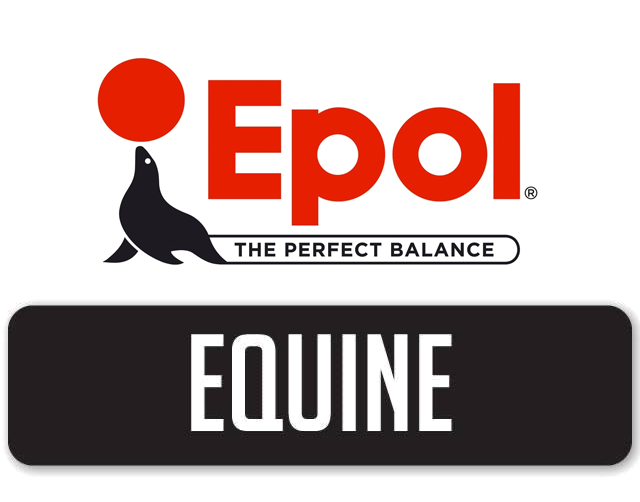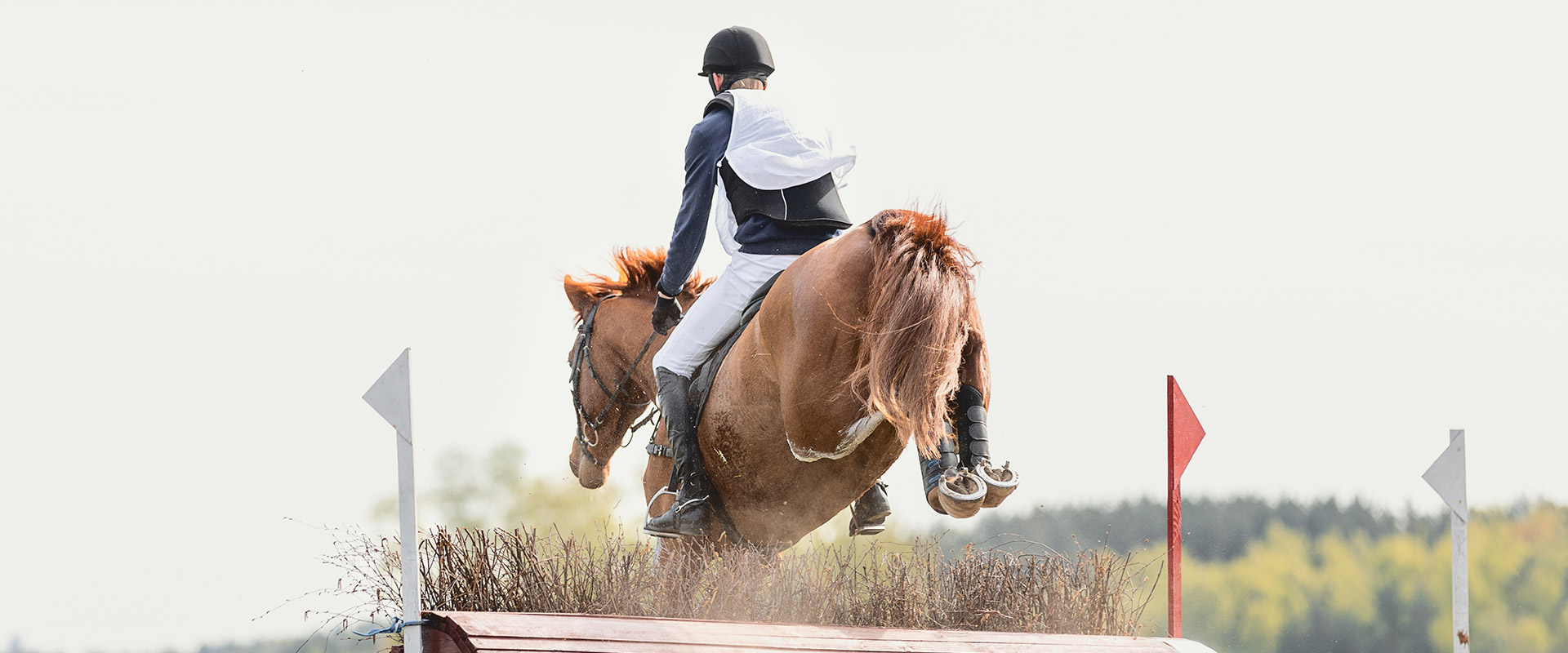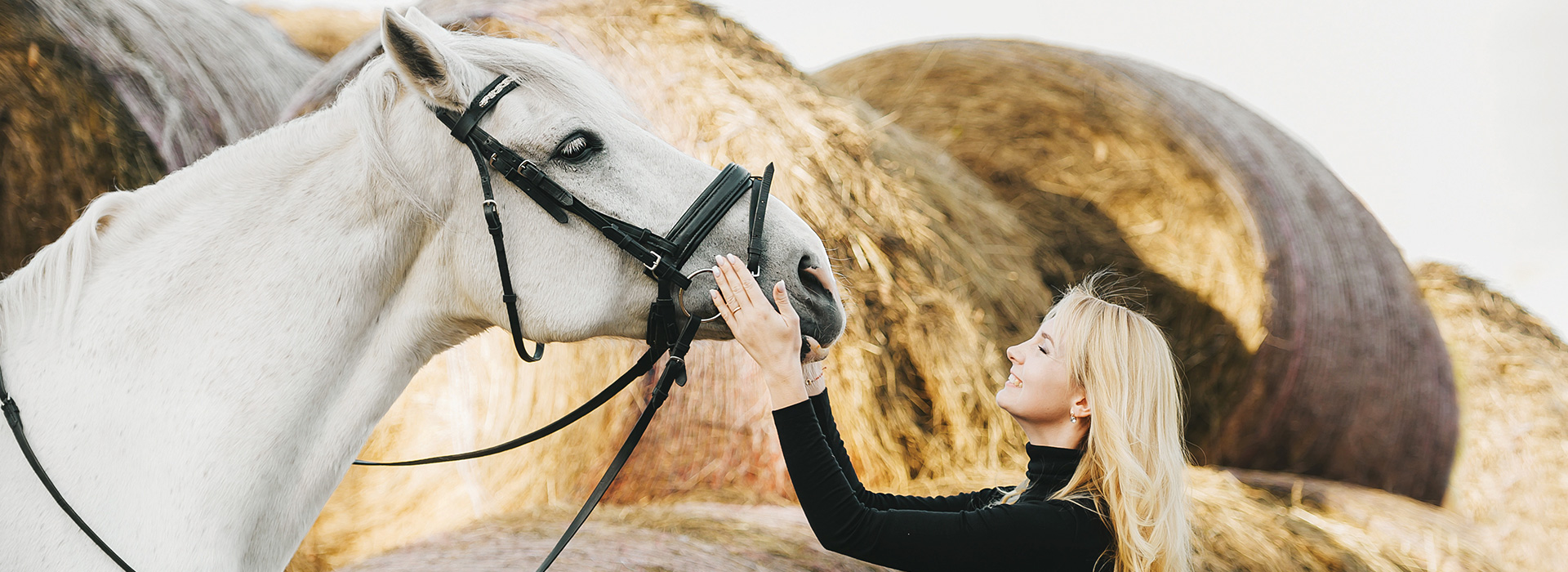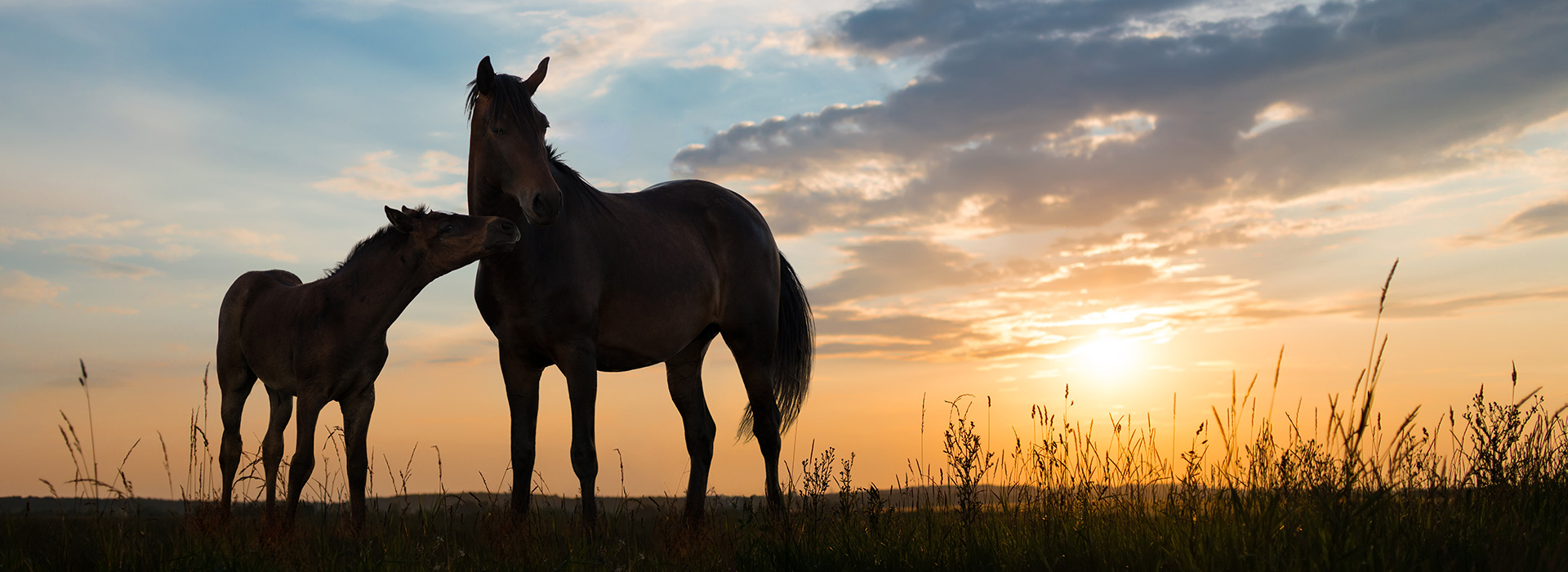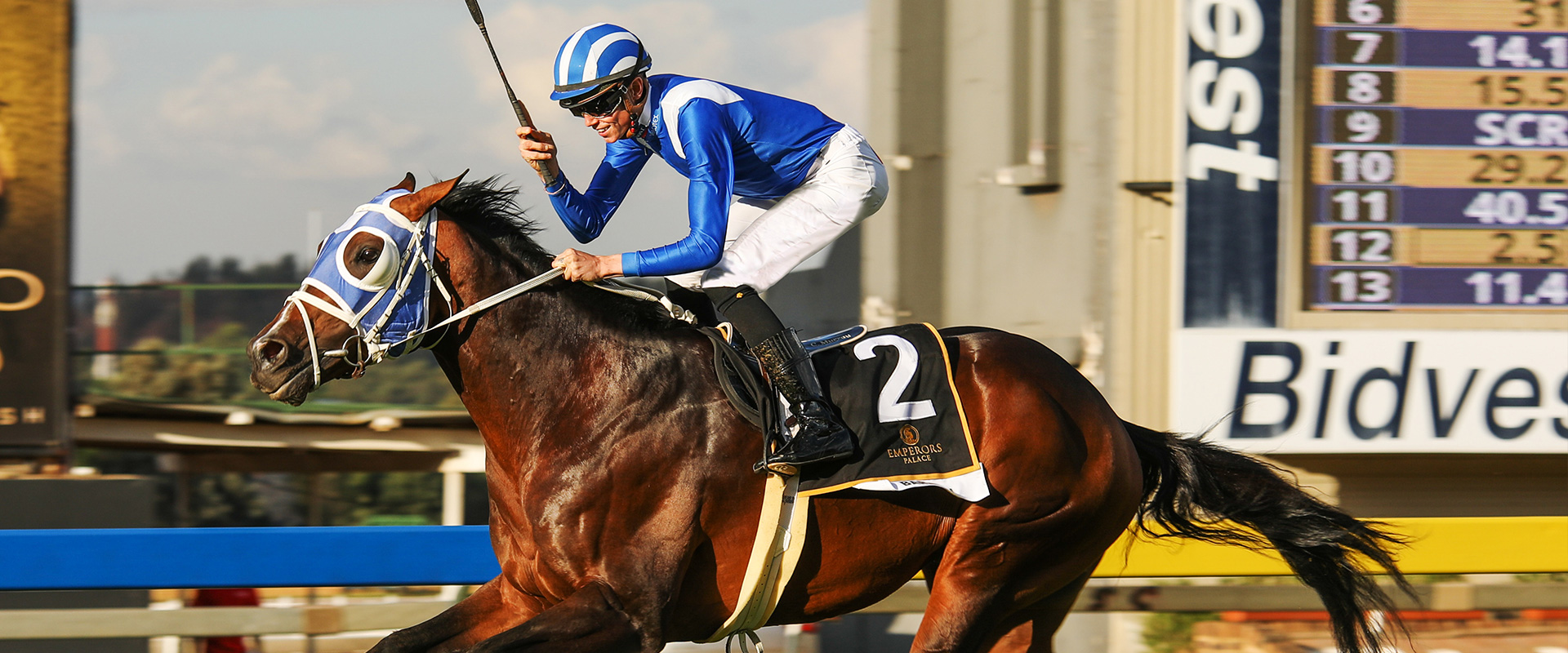“An Apple a Day”, does it keep the Dr Away? Have you ever thought if your daily treats are truly safe for your horse?
From the sugar cube to the faithful old apple, most of the treats we give our horses on occasion are perfectly fine, but there are some which shouldn’t ever be given as treats.
Fruit
Most fruit makes a great horse treat. Many fruits are naturally sweet and require minimal—if any— preparation. Here is a basic list of horse-safe fruit to get you started:
• Apricots (without pit)
• Apples (without core)
• Berries (including strawberry, blueberry, blackberry, raspberry, loganberry)
• Banana
• Cantaloupe (without rind)
• Grapes
• Mango (without the pit)
• Orange and other citrus
• Peach
• Pear
• Pineapples
• Plums (and prunes)
• Watermelon
Apple seeds do contain the toxic chemical arsenic, however, the greater threat for horses that eat apple cores is choking. Apple slices are the safest way to offer apple treats to your horse. Apricot pits can also be toxic (in large enough amounts) and, if ingested, produce clinical signs similar to those of cyanide poisoning. As with apples, don’t offer whole apricots to your horse – sliced or pitted apricots are best.
Vegetables
Vegetables aren’t quite as benevolent as fruits in terms of potential horse treats.
Carrots are fine, as are squash of all types, celery, and green beans, but there are a few families of related veggies that shouldn’t be given to horses. For example, members of the Brassica family including broccoli, cabbage, cauliflower, kale, and Brussels sprouts, should not be given to horses. Lettuce, however, is horse-safe. Although Carrots and apples are safe for horses, it must be kept in mind that they do contain around 6.1g and 10.2g of sugar per 100g respectively. That is 61-102g per kg. While this is generally not an issue for the average horse, feeding in large amounts or feeding to those with special considerations (see below) could be less than ideal.
Tomatoes are an interesting option. Tomato plants are toxic to horses; they are in fact members of the nightshade family. However, the tomato fruit itself is not toxic. Horse owners should be advised not to throw old tomato plants from the garden into horse pasture as an unintentionally toxic treat.
Garlic and onions are other vegetables that are toxic to horses and shouldn’t be offered as treats. Avocado, too, is another plant that it is best to stay away from; while the avocado itself isn’t toxic, the skin, pit, and leaves of the plant are poisonous for horses.
Cooked versus raw vegetables can also make a difference. Cooked potatoes are fine for horses in limited quantities, but raw potatoes should never be given to horses. Sweets and Processed Treats While the occasional nibble of bread is okay for most horses, certain ingredients in baked goods and other prepared foods can be toxic. Take, for example, chocolate. Just like dogs, horses are sensitive to the chemical theobromine in chocolate and therefore large amounts of chocolate are toxic to horses. Some reports of chocolate toxicity in horses were reported after animals were bedded in stalls with cocoa husks, a by-product of cocoa farming. Caffeine can also be toxic to horses in large quantities. Similar to chocolate, cases of caffeine toxicity in horses have resulted after horses were bedded with the husks from coffee plants. Examples such as these provide another glimpse into ways horses can inadvertently be poisoned from good intentions. This should be seen as a helpful reminder to horse owners to be vigilant: “treats” from well-meaning but uninformed neighbours, such as yard and garden clippings, items pulled from the compost bin, or extras from the local bakery should not be given to horses for consumption or used as bedding.
Special Considerations
For certain horses, even non-toxic treats can have a negative affect on health. Horses that are obese, prone to laminitis, and those who suffer from insulin resistance need to have their diets tightly restricted in terms of sugar and starch intake. For this reason, most fruits are off-limits to these horses. Even the trusty horse-safe standards such as apples and carrots are too sugary. However, apple peels make a great treat for horses with metabolic issues. Banana peels work too. This way, your horse gets a sweet treat without the bulk of the sugar, as well as some dietary fibre.
Horses with HYPP (Hyperkalemic periodic paralysis) should be kept away from foods containing high levels of potassium. Bananas are a definite no-no for these horses due to their relatively high potassium content, as are apricots and plums, particularly in their dried form as prunes. Another culprit is pumpkin. While pumpkin is high in vitamins and has a low glycemic index, thus making it safe for insulin-resistant horses, it does have a large amount of potassium, making it a no-go for those with HYPP.
Senior horses are another group to which careful consideration needs to be given when deciding on treats. With poor dentition, older horses are at higher risk for choking. Hard crunchy snacks should be broken into small pieces for easier chewing, or soaked in water to soften. Pits and large seeds should be removed as well as any thick or tough rinds that may require strategic nibbling. Applesauce is a great treat for older horses—all the sweetness of an apple without the hassle of chewing!
We love our horses and love sharing our lives with them. Sharing treats with our equine companions is just another part of the fun. Knowing what you can safely feed your horse will make sharing that much more enjoyable. And remember safe treats, are only safe in moderation, and so offering large amounts of anything could cause a problem, so stick with a small amount of treats and your horse will be happy and healthy.
Article taken and adapted from http://www.horsechannel.com/horse-health/toxic-horse-treats.aspx
